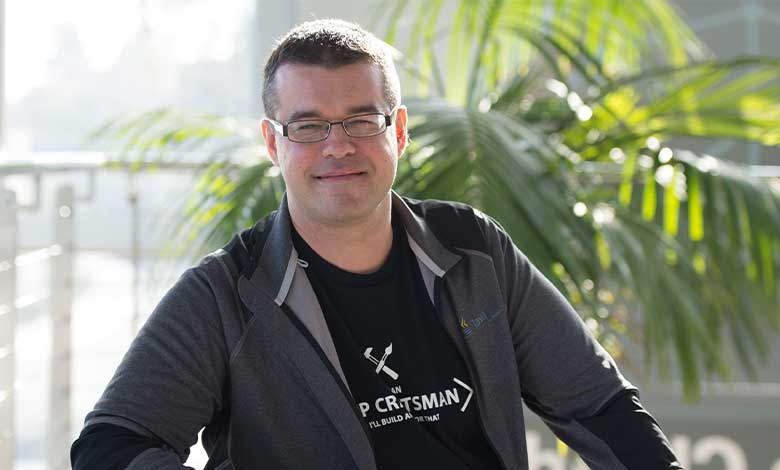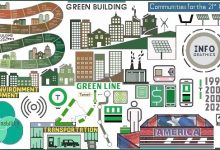
We had a very interesting conversation with Zoran Sevarac, co-founder and CEO of Deep Netts and a professor of AI and software engineering at the University of Belgrade. He is an Artificial intelligence software developer, entrepreneur and researcher.
Our talk was around the elements of the artificial intelligence, misconceptions and safety issues.
Please can you give us a little background about yourself and your current role?
I’m a co-founder and CEO of Deep Netts a deep learning company, and professor of AI and software engineering at the University of Belgrade, Faculty of Organizational Sciences.
I’ve been involved with open source for many years mainly working on educational neural network software Neuroph, and Apache NetBeans.
I’m also a member of Java Champions program, and one of the leaders of JSR381, the official Java standardization effort for visual recognition using machine learning.
What are neural networks and how are applied in technology?
Neural networks are one of the machine learning/AI algorithms that represent
self-configurable algorithms which can adapt its internal parameters using sample data, in order to perform some useful task like categorizing items or estimating value. The automated procedure of tuning of internal parameters is referred to as learning from data.
What are the most common misconceptions about Artificial Intelligence?
That it is really intelligent, that it can provide superhuman performance/accuracy,
and that is capable/suitable for solving problems that humans are not able to solve.
Do you think replacing a lot of jobs with AI will turn out negative for the people working those jobs? What should they do instead?
It should make people happier and more satisfied with their jobs since with the help of AI they should do less boring jobs. Just like when horses were replaced by cars, we needed less but suddenly had a need for car drivers, and blacksmiths were not enough, we needed car mechanics.
I like to think that peoples’ jobs will change in a way that they will teach AI how to help them or replace them wherever it’s possible. People and AI should work collaboratively, and benefit from each other. AI will augment people just like every previous technology did. And how it will do that, that also depends on us, humans.
There is an interesting economic and legal aspect: if someone teaches AI to do some job, should that person get a part of the value that AI creates in the future? This might be open opportunities, for new economic relations using creative solutions.
So there is an opportunity to increase the long term value of human work and ability: if you’ve been learning and working for 20 years on something, and based on that knowledge and experience AI that will make a lot of money is created, you should get a part of that new value. This can change economic relationships and contracts, but the question is are the people ready for that?
What is the future of Robotics and AI and how will it develop in the next 10 years?
It will be widely adopted, everyone will have its own AI that does something useful for him, it will be on all devices, integrated into all systems, it will become part of our lives just like the Internet and mobile phones. Most likely managing our communities.
Can AI be used as a weapon and how to protect data?
Yes, just every other technology before. Again the true danger does not come from AI, but the humans who use it. Data protection will always be a challenge, and it depends on the balance between what do we want to be able to do and how protected do we want to be. The main challenge is that these are complex systems, that are constantly changing through innovation, so it’s a race. Technology for data protection is available, but it conflicts the commercial interests, and I think there is a lack of consciousness of the current misuse of data by people. So again people are making decisions not the AI, and if AI does something that’s allowed by some people. I guess some legal framework could evolve on these facts. Just think for a moment: how many things can you do at this moment, which some Internet/telecom company don’t know about?
Who are the people that inspire you?
Geoffrey Hinton, a deep learning researcher at the University of Toronto and Google Brain, for his early work in neural networks, and later the modern deep learning. He is a great inspiration for believing in his work and ideas even when they were not very popular.
James Gosling, the creator of Java language and platform, the most amazing software technology of today that keeps evolving, innovating and running huge part of this world for 25 years
Geertjan Wielenga, ex product manager at Oracle, now director of Open source projects at Azul, for his passion, skills, leadership, and dedication to open source, and community building for Apache NetBeans.











